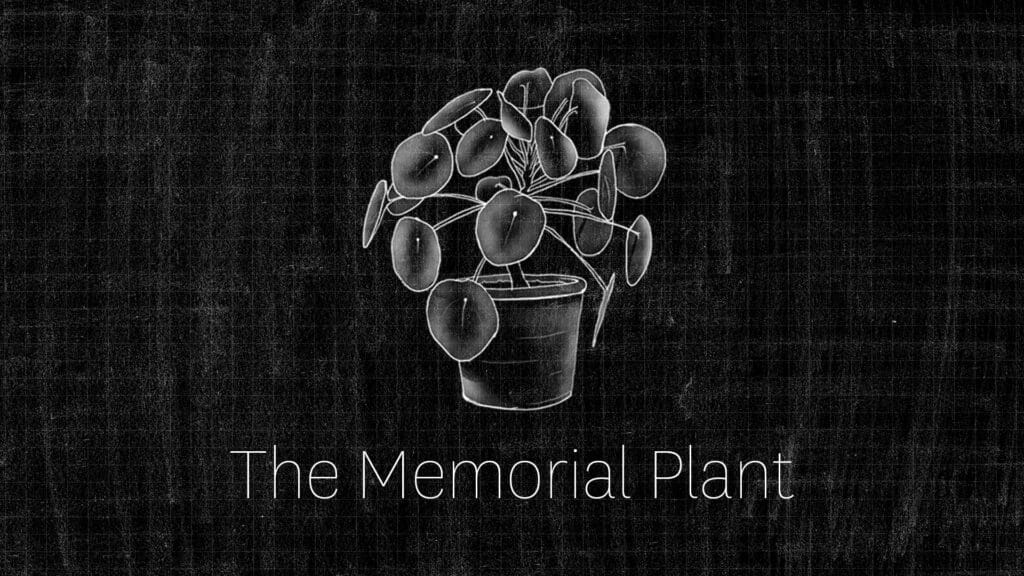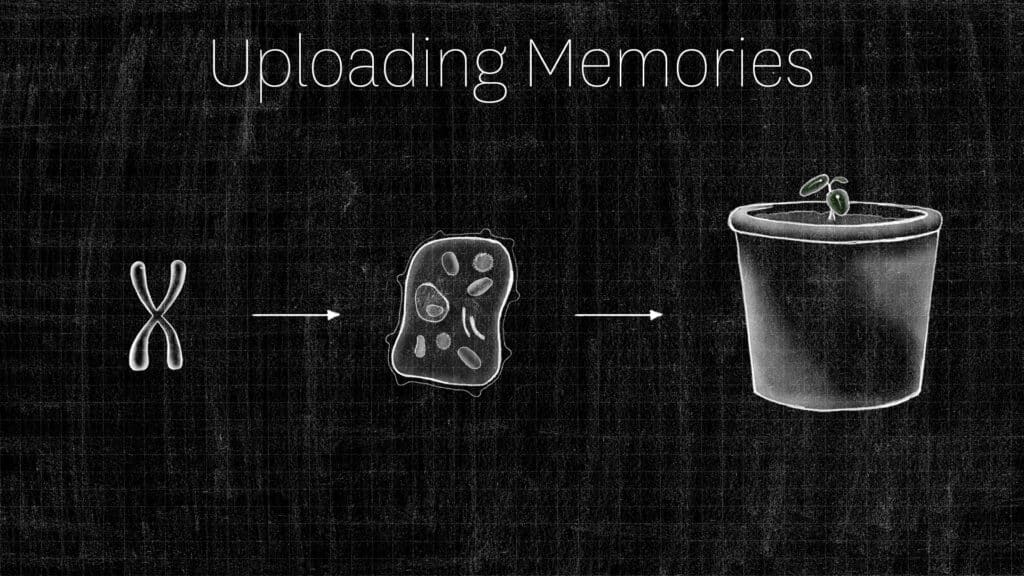Can Plants Help Humans Mourn on Mars?

VISION: Creating living memorials for communities on Mars by encoding the DNA of plants with the memories of loved ones.
TEAM: Bronwyn Hallis, Amanda Han, Charles Yuncken
SCHOOL: University of Technology, Sydney (2019)
When a person dies, how we mourn them varies with culture. Some rituals involve burial, others cremation, and some may even include corpse composting (a newly approved option in Washington state).
Students from University of Technology, Sydney speculated on how people might mourn when they live on Mars in 2130. In an environment where organic matter is hard to come by, resources are scarce, and waste is not an option, corpses could be a rich source of nutrients. Instead of gravestones, the team project Death on Mars imagines using plants to preserve memories of loved ones. Building upon advances in DNA synthesis, where scientists have demonstrated that they can store digital data in DNA, the team imagined storing a person’s photos, videos, recipes, and songs in the DNA of bioengineered plants. And then, over generations, these plants would carry those memories in their DNA for future generations.
When a loved one dies, their digital memories are collected and coded as DNA in a plant seedling with an extra chromosome. Visitors could then visit the grove of trees, but they could also gather fallen leaves and sequence their DNA to learn about those who came before them.
“When a human dies on this harsh planet, the colony comes together to corroborate their memory. They gather in a corner of the greenhouse which, like every square-inch of the Martian station, serves a purpose. This corner is a place of mourning,” said the Death on Mars team.


